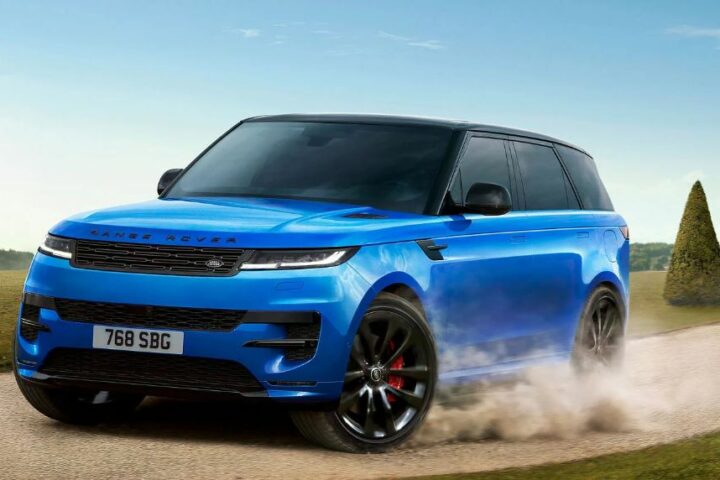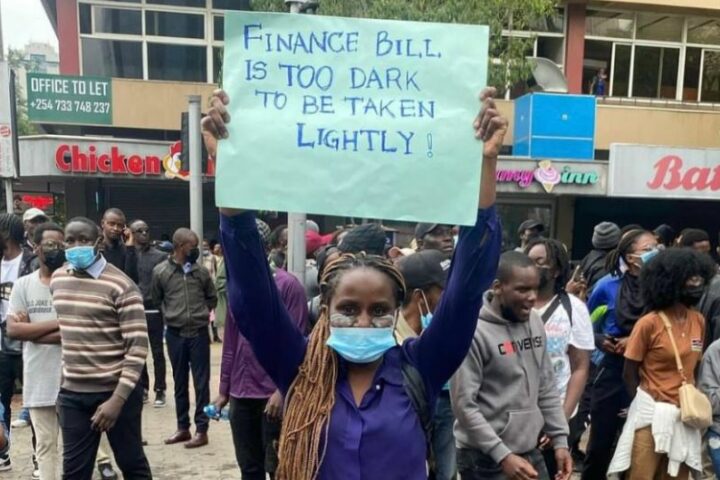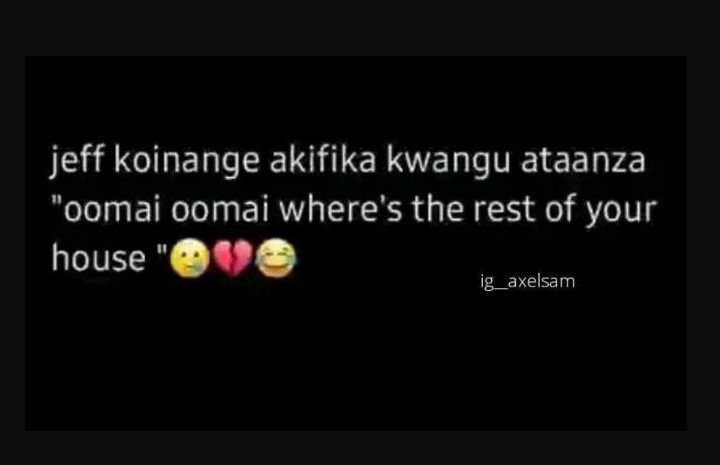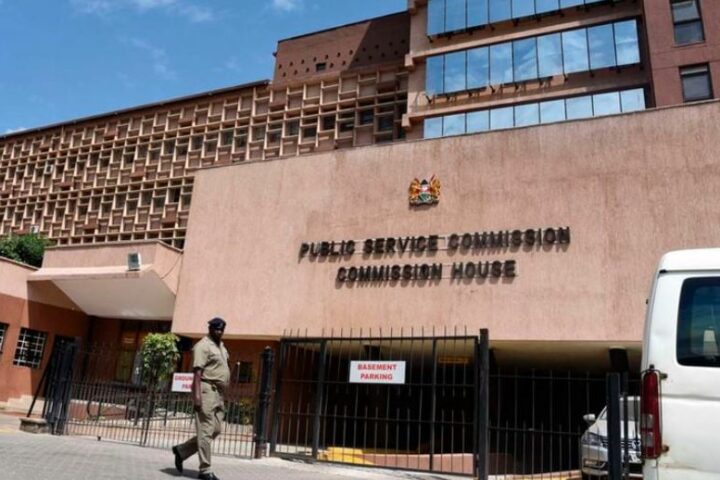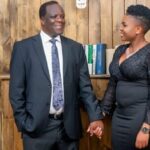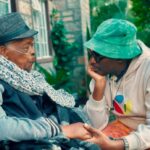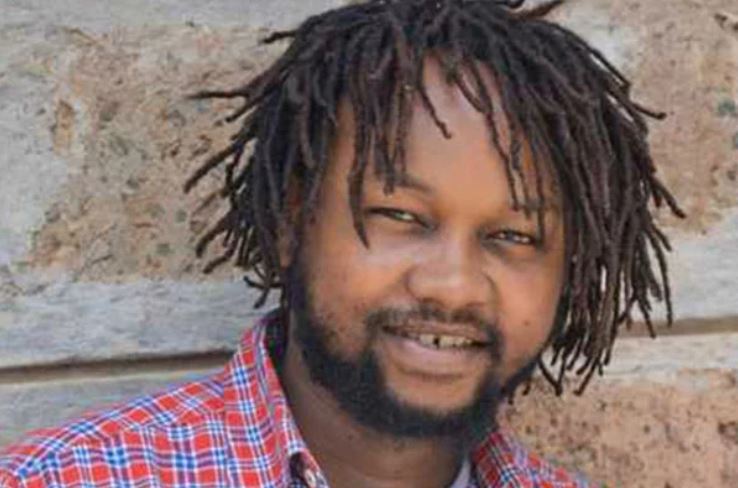 Bwana Mdogo is a freelance visual artist who draws comics, cartoons and illustrates children’s books. He started drawing cartoons while in primary school as a way of getting back at his bullies, and to challenge other students’ viewpoints.
Bwana Mdogo is a freelance visual artist who draws comics, cartoons and illustrates children’s books. He started drawing cartoons while in primary school as a way of getting back at his bullies, and to challenge other students’ viewpoints.
Today, Bwana Mdogo uses aricatures to make social commentaries. His work is available on numerous blogs and magazines, and he also partners with individuals and organisations to develop ICE (information communication and educational) content.
- Why the name Bwana Mdogo?
Back in high school, when music CDs were so popular, my fellow students would come with the disks which would sometimes end up being stolen. My friends and I decided to start copying, burning and selling CDs to other students under the name SmallMighty. It’s this name that I later twisted into Bwana Mdogo. I’ve been struggling to lose the ‘bwana,’ part without success.
- Do you use cartoons to as a way of paticipating in advocacy?
Not really, but I do draw them to inform society of our rights and responsibilities, and to make them aware of their rights such as freedom of assembly and right to picket.
Often, we meet people or stumble upon literature that opens our eyes to notions that society regards as unconventional. Reproducing this through drawings is my way of highlighting contentious issues.
- Whom do you usually target? What is your definition of speaking up?
I direct my art to any oppressors. In school it was the prefects, teachers and bullies, but today it’s the police, corrupt politicians and rogue governments.
As the adage goes, absolute power corrupts absolutely. The mere possession of a gun or holding a public office sometimes makes individuals elevate themselves to the status of demigods, and so they abuse their authority. Art becomes useful in ridiculing them and reminding them that they are also human beings.
- Do you think it is dangerous to transform your passion into a job?
To an extent, yes. After school, I found employment as a project officer at an initiative whose aim was to combat human trafficking, and I earned income from that, yet the job wasn’t related to art in any way. It allowed me to come up with cartoons that addressed different issues that weren’t necessarily part of my job description. But this is now different.
Sometimes I desire to create cartoons and comics touching on various themes and even individuals, but I am unable to do so because money is always at the back of my mind.
- What form of art do you plan to pursue in future?
I plan to venture into animation this year.
I’m also awed by the works of Kenyan graffiti artists such as Bantu, Kerosh, BankSlave, Victor Mwangi, Swift and Uhuru B. I once had a conversation about getting lessons from Kerosh, because I would like to give his concept a try. Art on walls sounds like so much fun!
